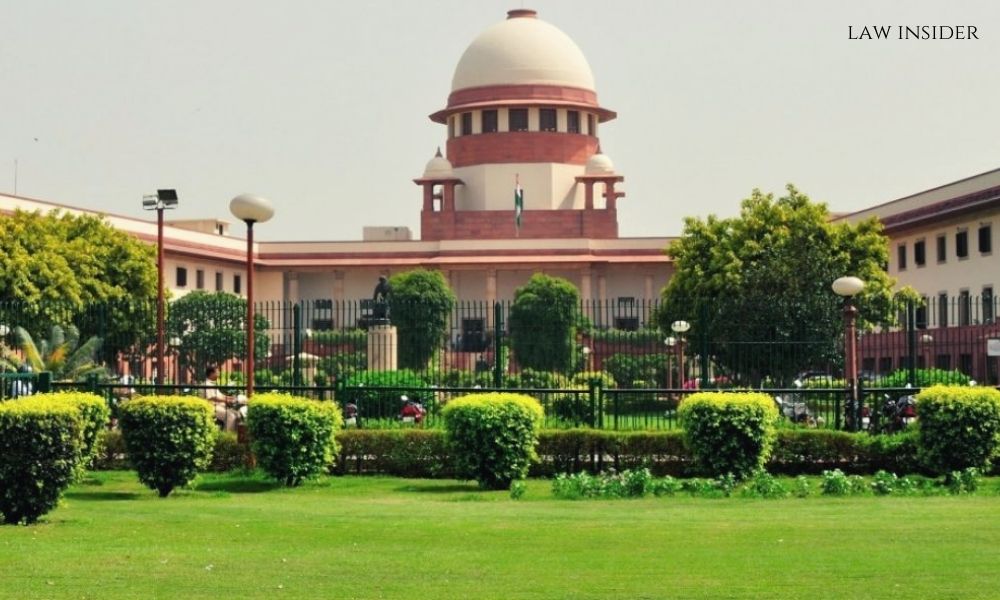Munmun Kaur
Published On: January 31, 2022 at 15:00 IST
Recently, the Supreme Court ruled that the Power of Attorney (PoA) holder can sell the property and register the sale by merely producing a copy of the Power of Attorney and that the original was not mandatory for registration of the sale.
Thus, those property owners who cancel the Power of Attorney orally and take back the original document without entering into a written agreement on cancellation of the Power of Attorney will have to face a threat because it would still allow the PoA holder to sell the property with the help of an original document.
The facts of the case were that in 1987, Plaintiff (original owner of the property) had entered into an agreement with a person for the sale of his land. As he was transferred out of the place he executed a Power of Attorney in favour of that man for concluding the sale. The sale, however, did not materialize. So, he took back the original PoA and orally told the person that it stood terminated. Interestingly, the erstwhile PoA holder applied for a copy of the registered PoA and went ahead with the sale of the property to the same defendant at a much lower price than the one agreed on before. Later, the sale got registered with a copy of the PoA.
Himachal Pradesh High Court canceled the registration and restored the property to the original owner on the grounds that non-production of the original PoA document is fatal to the sale.
A Bench of Justices K M Joseph and P S Narasima hearing the matter set aside the High Court’s Order and held that the registration was valid as oral cancellation of PoA has no validity before the Law and that for registration of sale of land, the PoA holder is merely required to produce a copy of the document.
Justice Joseph observed, “…The inquiry contemplated under the Registration Act, cannot extend to question as to whether the person who executed the document in his capacity of the Power of Attorney holder of the principal, was indeed having a valid Power of Attorney or not to execute the document or not”.
Justice Joseph further added that although Section 35 of the Registration Act gives authority to the registering authority to satisfy himself that the persons appearing before him are the persons they represent to be, the provision deals with situations in which the registering authority refuses the registration. If the registering authority is satisfied with the identity of the person, it may not be part of the Registrar’s duty to enquire further.

